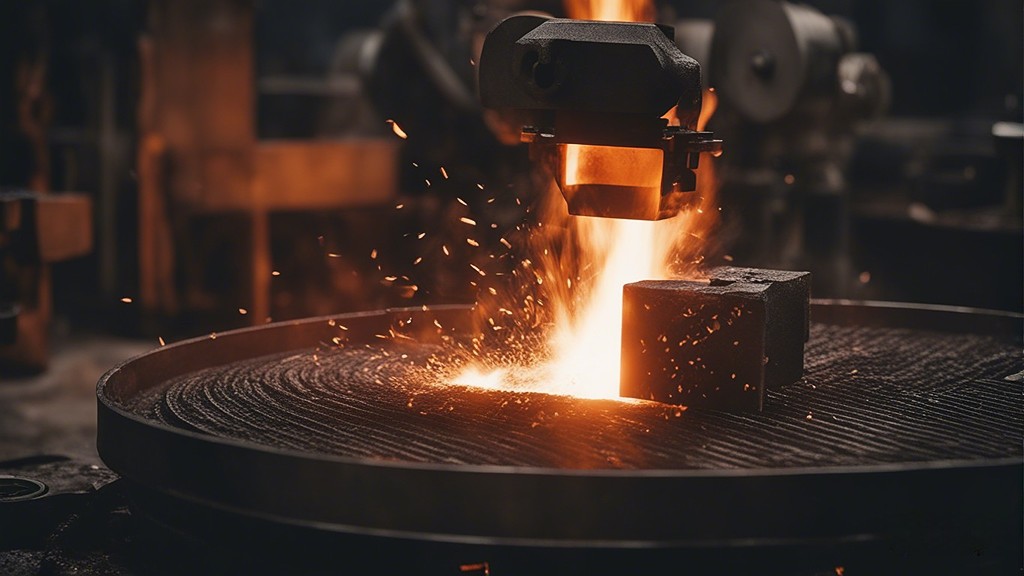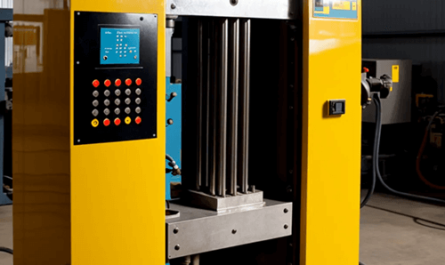The forging industry has rapidly evolved, with advancements in technology and precision manufacturing. As demand increases for high-quality forged components across sectors like automotive, aerospace, energy, and more, the expectations from forging manufacturers have also risen. If you’re in the market for a reliable forging manufacturer, here are five essential criteria they should meet:
Advanced Technological Capabilities
Modern Forging Equipment: The manufacturer should possess the latest forging equipment to ensure high precision and quality. Modern hydraulic and mechanical presses, hammers, and upsetters ensure that the products meet the required specifications.
Computer-aided Design (CAD) and Computer-aided Manufacturing (CAM): These tools allow manufacturers to design and produce components with complex geometries while ensuring consistency and reducing wastage.
Quality Assurance and Certifications
ISO Certification: A reliable forging manufacturer should have ISO 9001 or similar quality management system certification. This ensures that their processes meet international standards.
Material Testing: Manufacturers should have in-house capabilities to test the raw materials and the final products. This can include tensile testing, hardness testing, and impact testing.
Expertise in Various Forging Techniques
A top-notch manufacturer should have expertise in multiple forging techniques, including: Open Die Forging: Useful for large parts like shafts or rollers. Closed Die Forging: Suitable for producing high-volume components with intricate designs. Seamless Rolled Ring Forging: Commonly used in jet engines, high-temperature applications, and bearings.
Efficient Supply Chain Management
Efficient supply chain management ensures timely delivery, cost efficiency, and a steady supply of raw materials. The manufacturer should have -strong ties with raw material providers and logistics partners. Inventory management – systems to track and manage raw materials, in-process inventory, and finished goods. Lead time commitment – the ability to commit to and meet specified lead times.
Exceptional Customer Service and Communication
Transparent Communication: The manufacturer should maintain open channels for communication, offering regular updates about production, challenges, and solutions.
After-sales Service: A top forging manufacturer should offer support post-sale, addressing any issues or concerns customers might have.
Flexibility: An understanding of the customer’s unique requirements and the willingness to customize solutions.
Check out this forging manufacturer for high quality forgings and the affordability of their products.



